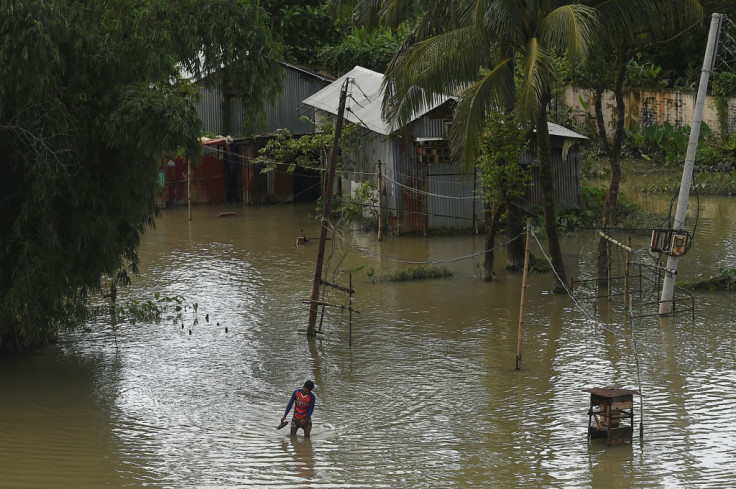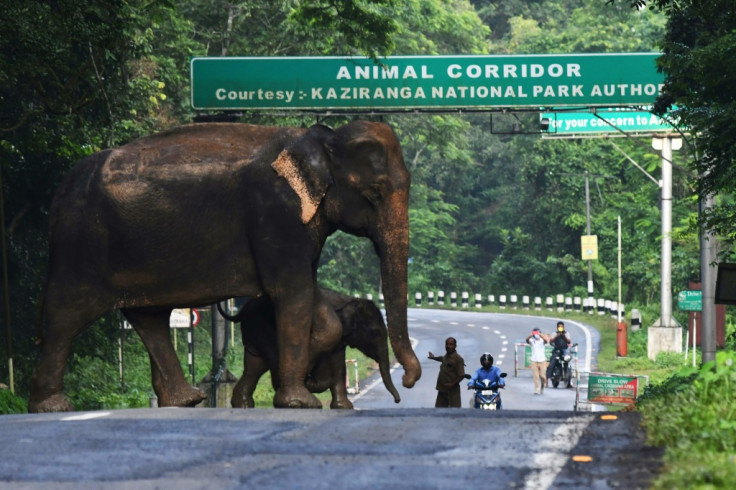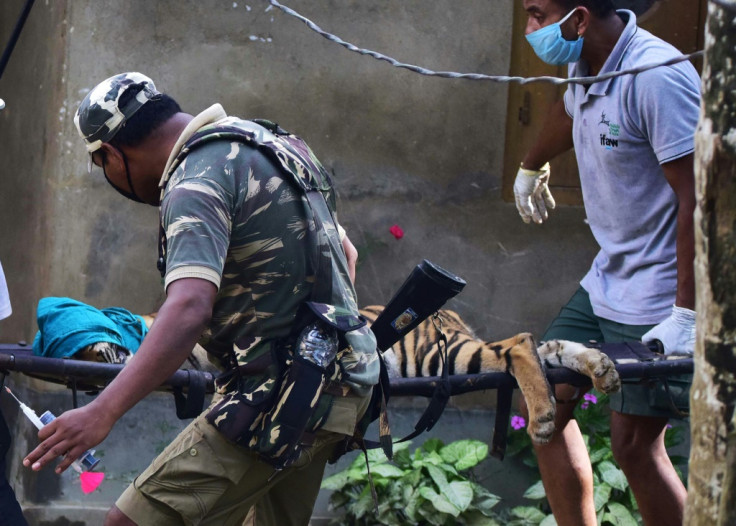Torrential rains unleash havoc in South Asia
Officials have warned that the current deluge could become one of the worst in recent years to hit Bangladesh, India and Nepal.
Torrential monsoon rains swept across South Asia on Thursday, having killed more than 100 people in recent days and almost entirely flooding a massive park reserve, officials said.

Hundreds die every year in floods and landslides during the July-September monsoon season in the densely populated region, but officials have warned that the current deluge could become one of the worst in recent years to hit Bangladesh, India and Nepal.
People and animals alike have been affected -- in India's Assam state, around 90 percent of the famous 430-square-kilometre (166-square-mile) Kaziranga National Park is under water, drowning several rhinos and wild boars.

"I can say that it's one of the worst floods in the state and in the park in the recent times," Assam's Forest Minister Parimal Suklabaidya told AFP.
Rhinos were seen moving to higher ground at the World Heritage-listed reserve. Rangers had to guide back into the park two of the three tigers that swam outside the area, he added.

Kaziranga is home to the largest concentration of the world's remaining one-horned rhinos.
The homes and communities of nearly four million people in Assam have been flooded or damaged by heavy rains, with 33 people killed in the last 10 days.
In Bangladesh, authorities said conditions had improved slightly but nearly one-third of the delta nation was still under water.
At least six people have died with 1.8 million people's districts hit by the severe downpours and overflowing rivers, Bangladesh's disaster management ministry said.
The Brahmaputra, a mighty transborder Himalayan river system, burst its banks late Wednesday and flooded a border town and several villages.
In Nepal, 67 people have died and 45 are missing after landslides and floods triggered by the rains since Sunday last week, with the army and police searching for survivors.
Copyright AFP. All rights reserved.
This article is copyrighted by International Business Times, the business news leader





















